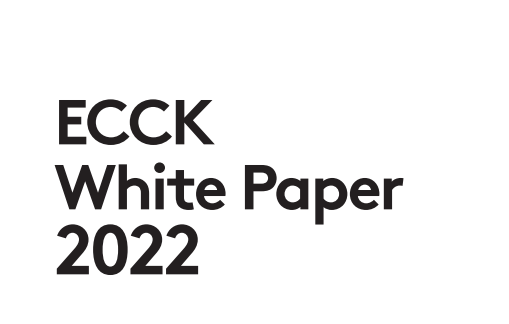The EU Chamber of Commerce in Korea (ECCK) recently requested the Korean government to improve drug-related regulations in the ECCK White Paper 2022, published on Friday.

The white paper contains recommendations from EU companies regarding the Korean regulatory environment for 16 industrial sectors, including healthcare, automobile, ICT, and energy.
European companies in the healthcare sector made the most proposals to Korean regulatory officials in the past three years -- 32 in 2020, 14 in 2021, and 22 in 2022.
However, the Korean government accepted only a handful of recommendations, ECCK said.
Of the 14 items proposed by the EU healthcare industry in 2021, the government accepted only four of them. The government refused eight items, and is reviewing the remaining two.
This year, the government partially accepted the EU healthcare industry’s recommendation to renovate the drug reimbursement listing process and price management system for better patient access to innovative pharmaceuticals, fair certification standards for the selection of innovative pharmaceutical companies, and enhancing transparency and clear role sharing for National Health Insurance Committee decisions.
Still, the white paper pointed out that most of the problems unresolved have already been suggested several times by EU healthcare companies.
The business lobby group made six suggestions related to vaccines but had only one being partially accepted this year, it said.
The five suggestions are transparent data sharing on the national immunization plan (NIP), standardization of new vaccine listing process for NIP, improving inoculation fee system, improving vaccine risk level classification evaluation standards, and creating a mutual recognition agreement (MRA) with EU.
The white paper stressed that even though the national vaccination system is well established in Korea, EU pharmaceutical companies said they could not obtain proper data regarding vaccination, which, in turn, blocks the industry from conducting analysis and research related to the vaccination.
“A transparent and predictable system is needed when applying for the introduction of new vaccines to the NIP and allowing pharmaceutical companies to participate in discussions,” the ECCK said in the white paper. “We believe Korean regulatory officials should establish a system so that vaccine manufacturers and importers can participate in the discussion.”
Change required in designating rare diseases, applying risk sharing agreement
The ECCK’s white paper also urged Korean regulatory officials to change the process for designating rare diseases.
According to the white paper, Korea currently requires companies to prove that the number of patients is 200 or fewer to apply for the pharmacoeconomic evaluation (PE) exemption.
EU companies have pointed out that this number is too small as it accounts for 0.0003 percent of the domestic population.
According to the standards presented by the white paper, ultra-rare diseases are diseases that occur in 1 per 100,000 people. When applied to the Korean population, the number is about 510 to 520, ECCK said.
One of the representative items newly introduced in 2022 is the expansion of the scope of application for risk sharing agreement (RSA) for orphan drugs and chronic disease drugs.
According to the ECCK, RSA, including reimbursement, is applied only to drugs for severe diseases such as cancer and rare diseases, but it is necessary to expand the RSA for orphan drugs designated by the Ministry of Food and Drug Safety.
“However, while the requirements for orphan drugs designated by the Ministry of Food and Drug Safety are similar to those of rare disease treatments designated by the Korea Disease Control and Prevention Agency, which is subject to the RSA, the RSA only applies to the latter,” the white paper read. “Such limited scope of the RSA has led to the rising number of ‘Korea passing’ cases where companies do not launch the drug in Korea. It also restricted access to orphan drugs.”
The EU pharmaceutical companies recommended that the refund type of RSA be applied listing of new orphan drugs and drug price reduction resulting from post management such as price-volume agreement (PVA) of listed orphan drugs and expansion of reimbursement coverage to improve patient access.
In the case of low-quality of life chronic disease drugs, EU companies suggested an extended review is needed for them to be subject to RSA application.
“To allow such review, specific criteria need to be provided if their low quality of life is proved in a clinical trial, even if they do not correspond to diseases subject to benefit extension,” the white paper read.

